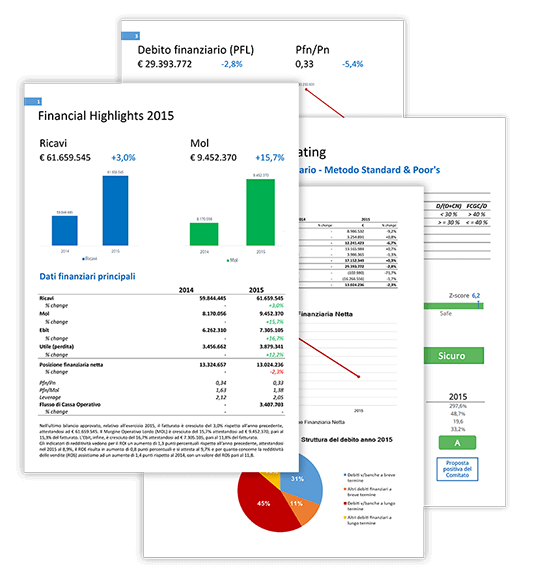
In the age of digital transactions, the emergence of fake bank transaction generators raises concerns about potential misuse and ethical implications. This article delves into the phenomenon of fake bank transaction generator, their implications, risks, legal standpoint, and the broader ethical discourse surrounding their use.
Understanding Fake Bank Transaction Generators
Fake bank transaction generators are software or tools that create simulated bank transaction records. While their intended purpose might vary, the potential misuse is a major concern.
The Attraction and Temptation
For some, fake bank transaction generators might seem like an easy way to showcase financial status or impress others. The allure of presenting fabricated transaction proofs can be tempting.
Unveiling the Risks and Consequences
Using fake transaction records can have dire consequences. From legal repercussions to damaging one’s credibility, the risks far outweigh any short-term benefits.
Legal Implications and Ethical Considerations
Engaging in deceptive practices through fake bank transaction generator can lead to criminal charges. Additionally, the ethical dilemma of dishonesty should not be underestimated.
The Cat-and-Mouse Game: Technology vs. Detection
As technology evolves, so do methods for generating fake transactions. Financial institutions and regulators must stay vigilant to counter these evolving tactics.
Read it: Business and Economic Science Editors and Proofreaders
Real-world Cases: A Cautionary Tale
Examining real cases of individuals caught using fake transactions serves as a stark reminder of the potential life-altering consequences.
Educational Initiatives and Cybersecurity
Financial education and awareness campaigns play a vital role in combating fake bank transaction generator scams. Promoting cybersecurity hygiene is crucial.
Protecting Yourself from Fake Transaction Scams
Vigilance is key. Verify transaction records with official fake bank transaction generator, educate yourself about common scams, and safeguard your personal information.
Ethical Responsibility in the Digital Age
The digital age demands ethical responsibility. Honesty, integrity, and transparency should guide actions, even in a world where deception can be easily attempted.
Read it: Create a Bank Statement Online: Simplifying Financial Records in the Digital Age
Conclusion
Fake bank transaction generators might promise convenience, but they are fraught with peril. From legal troubles to undermining trust, the risks are undeniable. Navigating the digital landscape demands ethical decisions and informed choices.
FAQs
- Are fake bank transaction generators easily accessible?
- While not mainstream, such tools can be found online, though their use raises significant ethical and legal concerns.
- Can fake transaction records go undetected?
- Initially, they might, but financial institutions are investing in advanced fraud detection technologies.
- What legal actions can result from using fake transaction records?
- Depending on the jurisdiction, individuals caught using fake transactions can face criminal charges, fines, or legal penalties.
- How can I protect myself from falling victim to fake transaction scams?
- Stay informed, verify transactions with official records, and prioritize responsible digital behavior.
- Why is ethical responsibility important in the digital age?
- In a world driven by technology, ethical behavior maintains trust, safeguards personal integrity, and contributes to a healthier digital ecosystem.



